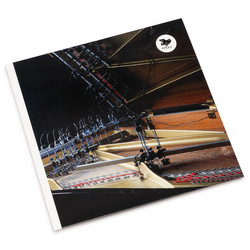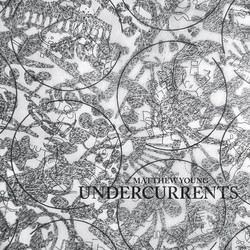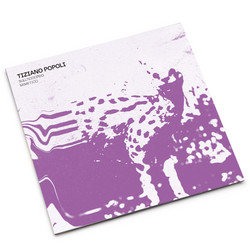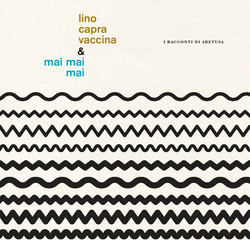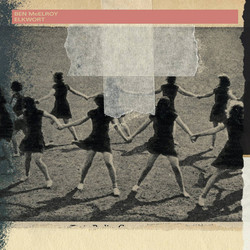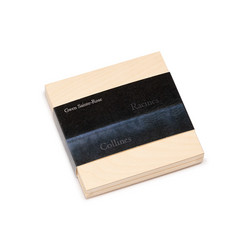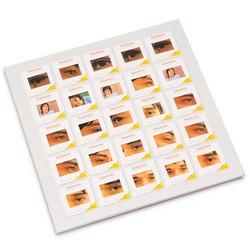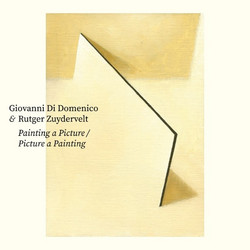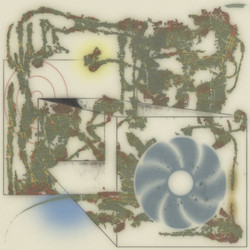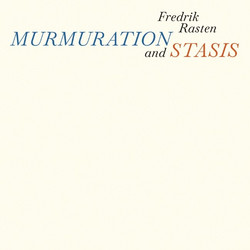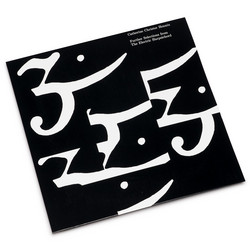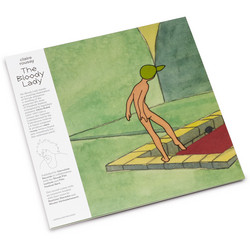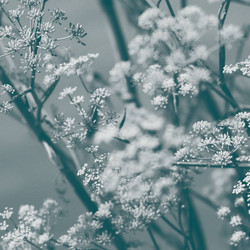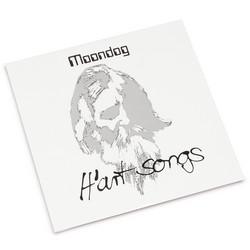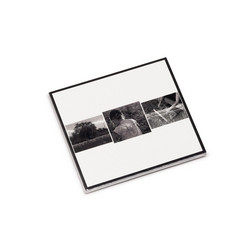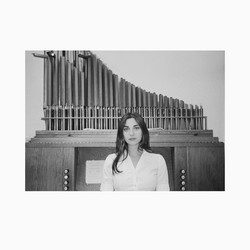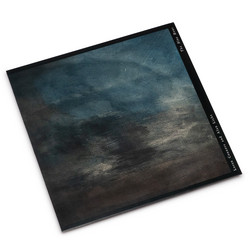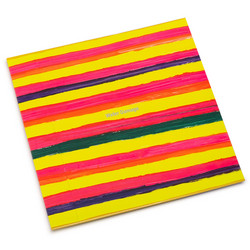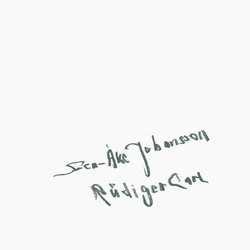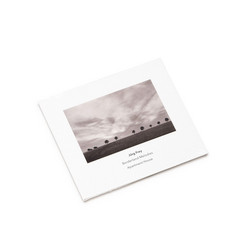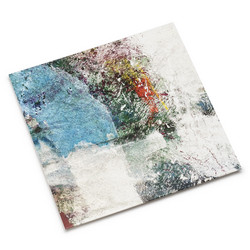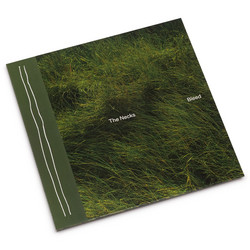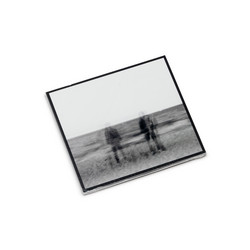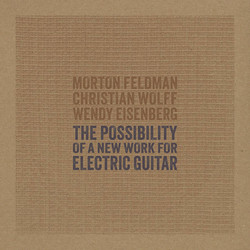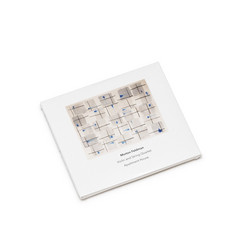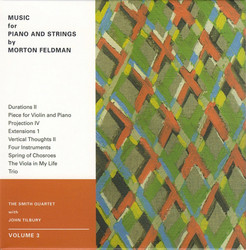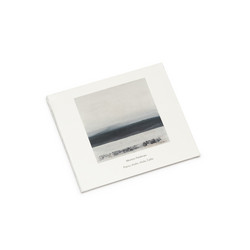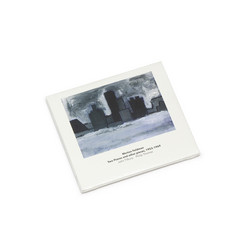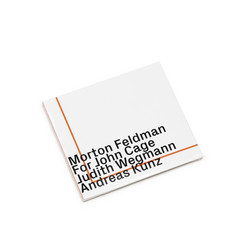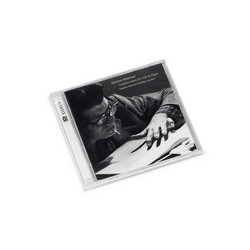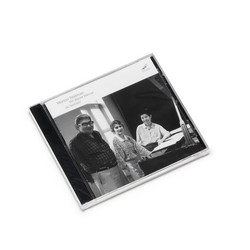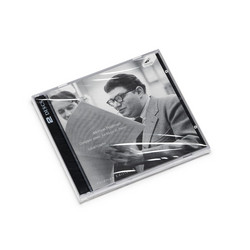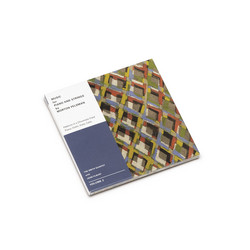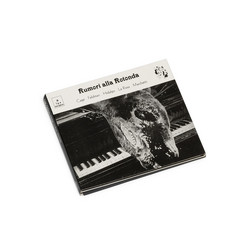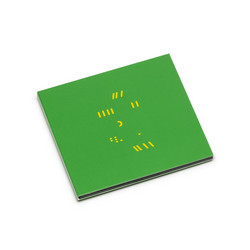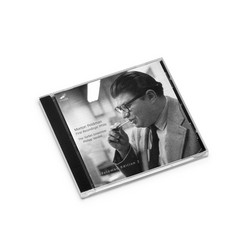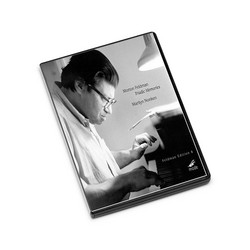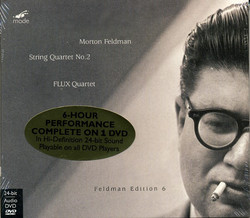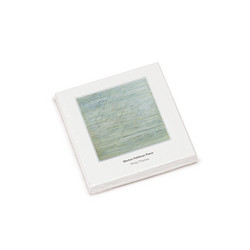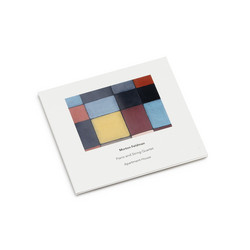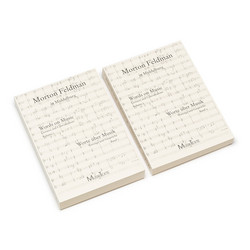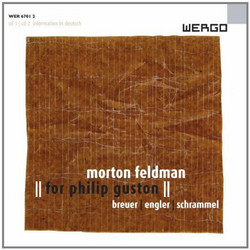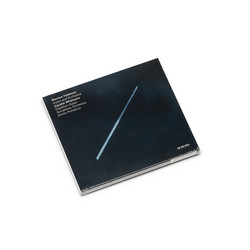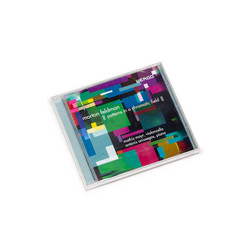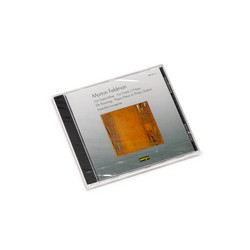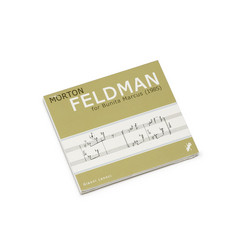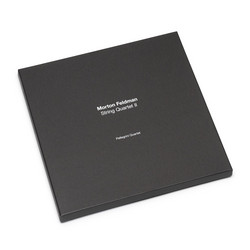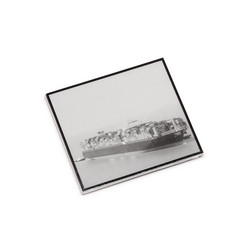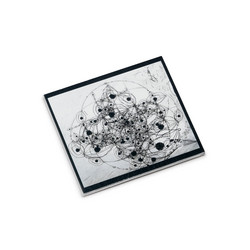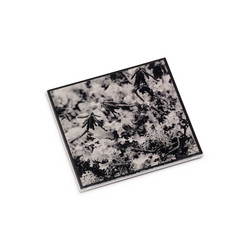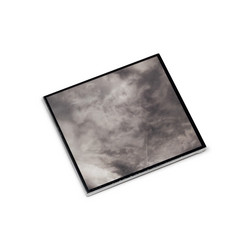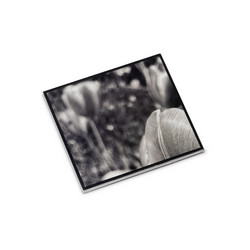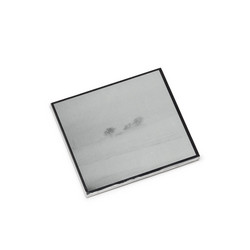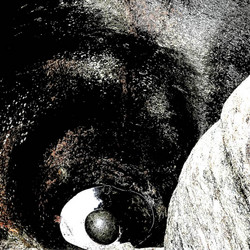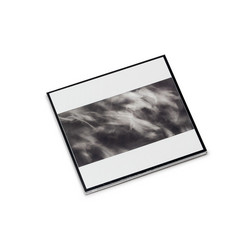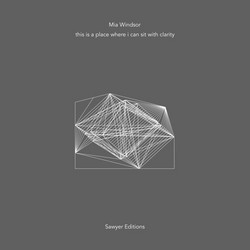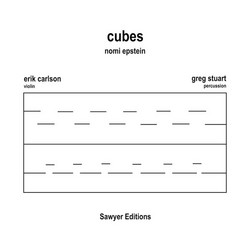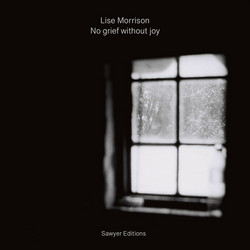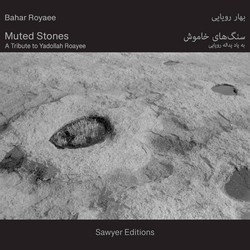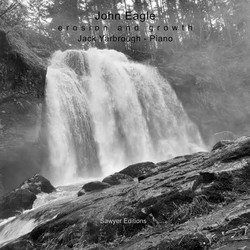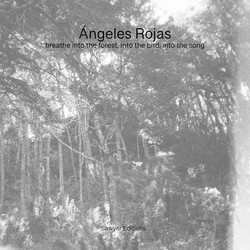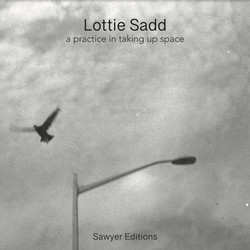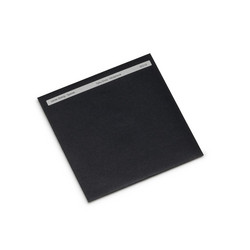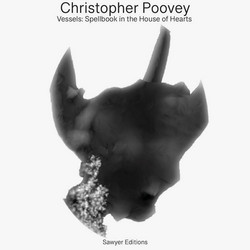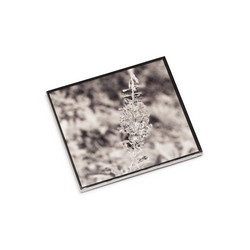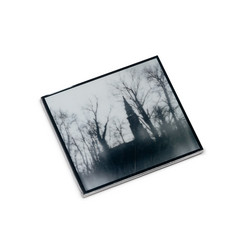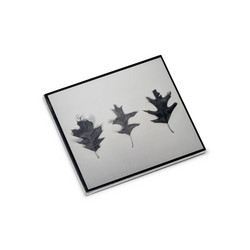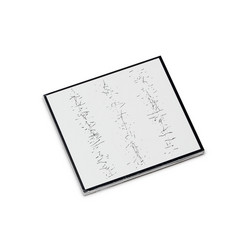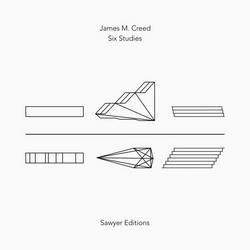Luciana Elizondo began her early music career with the Rosario Promusica Antiqua ensemble,
under the direction of Maestro Cristian Hernandez Larguía. She collaborates with renowned
ensembles of ancient music, with whom she performed in Europe, Asia and Latin America.
Together with the musician Maximiliano Banos she founded the Cremona Choir and the Voz
Latina Ensemble in 2011 that intends to explore the world of baroque music in its relationship
between text and music, based on the “theory of affects” and recalling the visual principle of
“light and dark” in order to enhance the dramatic tension of the works performed. In her solo
concerts she has recovered the ancient Renaissance tradition of singing playing the viola da
gamba, also performing music from Latinoamérica folklore. She recorded for the EPSA, K617,
Sony and Arcana labels.
Guy Vandromme (1968) is a Belgian pianist/conductor, artistic producer and curator, who’s
working within the fields of new music, opera and music theatre, dance and contemporary art.
His main focus is to review the boundaries of new listening formats and co-creation, collaborating and going into dialogue with contemporary artists exploring scores of forgotten music and continuously searching for new transdisciplinary artforms. Professionally active in the arts since the 1990s, Guy Vandromme was a co-founder of different ensembles, worked intensely with composers such as Antoine Beuger, Eva-Maria Houben, Craig Shepard, Michael Pisaro-Liu and the artist Martin Maloney, and led festivals and the programming in Bruges, European Capital of Culture 2002.
Morton Feldman was born in New York in 1926 and died there in 1987. Just like Cage, a close
friend, he was an American composer – an American artist – an American in the true sense of
the word. He identified himself by differentiating his views on composition from those of his colleagues in Europe. He was proud to be an American because he was convinced that it enabled him the freedom, unparalleled in Europe, to work unfettered by tradition. And, he was an American also in what may have been a slight inferiority complex in the face of cultural traditions in Europe,
something he proudly rejected and secretly admired. Like any true artist, Feldman was endowed with a sensitivity for impressions of a wide variety of sources, literature and painting in particular. His affinity to Samuel Beckett has enriched music literature by a unique music theatre piece, Neither, and two ensemble works. His friendship with abstract expressionist painters gave birth to a range of masterpieces, Rothko Chapel in particular. But even the knotting of oriental rugs gave Feldman musical ideas (The Turfan Fragments).
Tobias Hume, (b.1569, d. London 16 April 1645). Sometimes erroneously described as an
'English' composer, Hume was a Scotsman who is best known for his musical compositions, but
who also apparently served as an officer in the Swedish and Russian armies. Wikland notes him as a 'mercenary' in Karl IX of Sweden's service from 1598-1600, as noted in Duke Karl's (later Karl IX of Sweden) accounts and also in the National Archives at Kew in the document "The Humble Petition of Captayne Humes". On 15 December 1600 Karl IX awarded Hume 40 daler, but no mention was made of military service. This seems to have been the extent of Hume's foreign service as his reputation is that of a player of the viola da gamba and publisher of musical pieces.
He appears to have been in Denmark already in 1600 as reference is made to him there by another British Isles expatriate then in Stockholm (see John Coote [SSNE 7782]), which involved a quarrel amongst some English entertainers/musicians in Karl IX's service.
